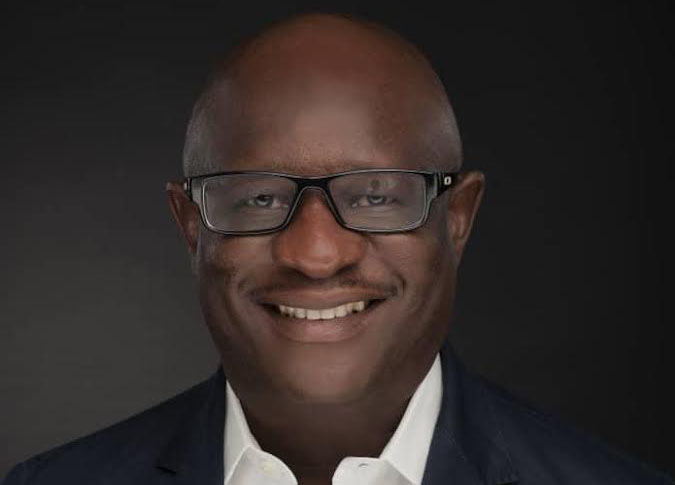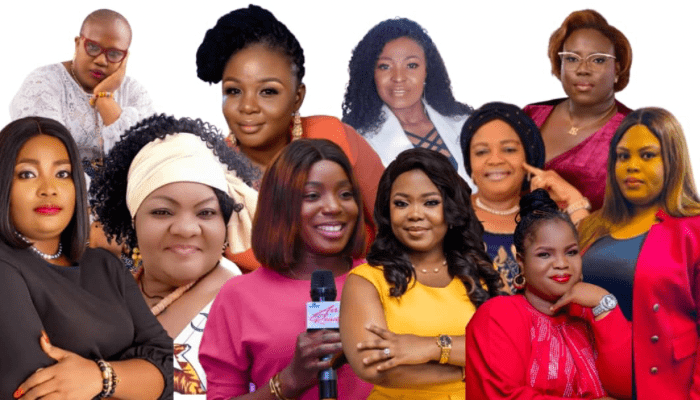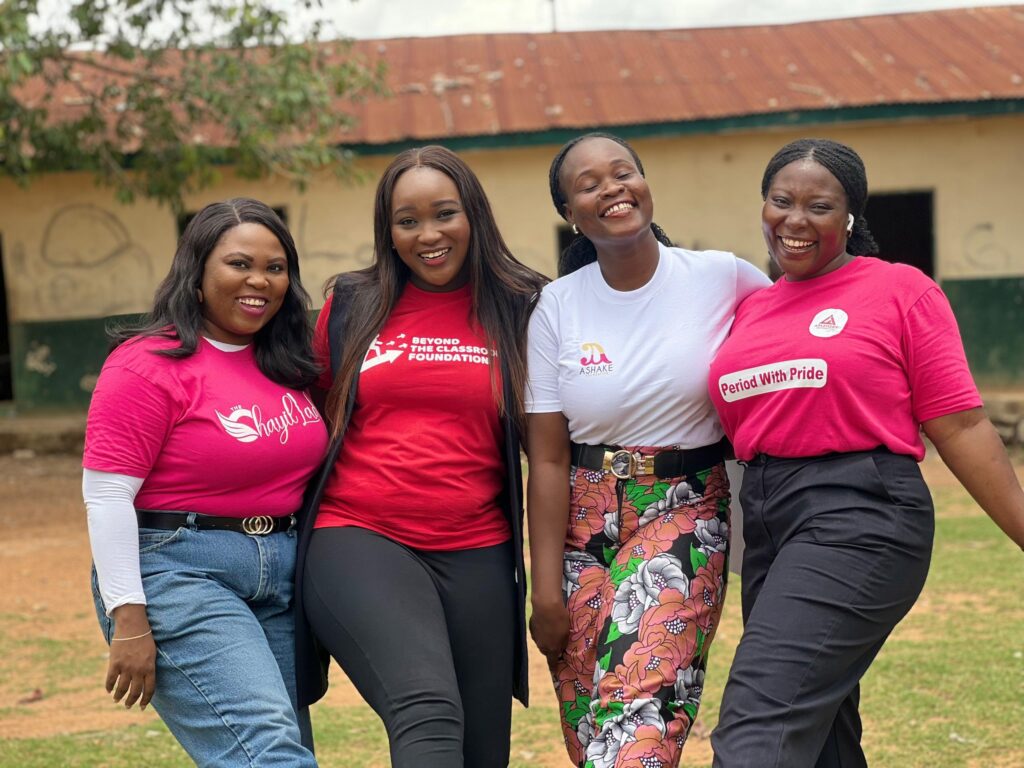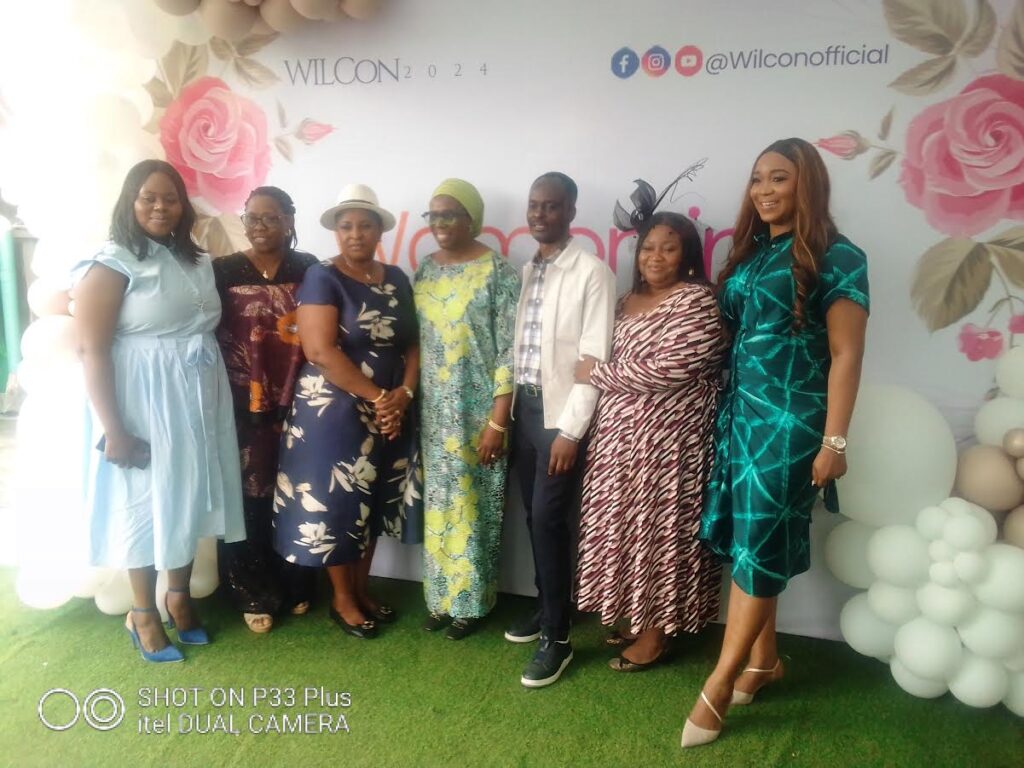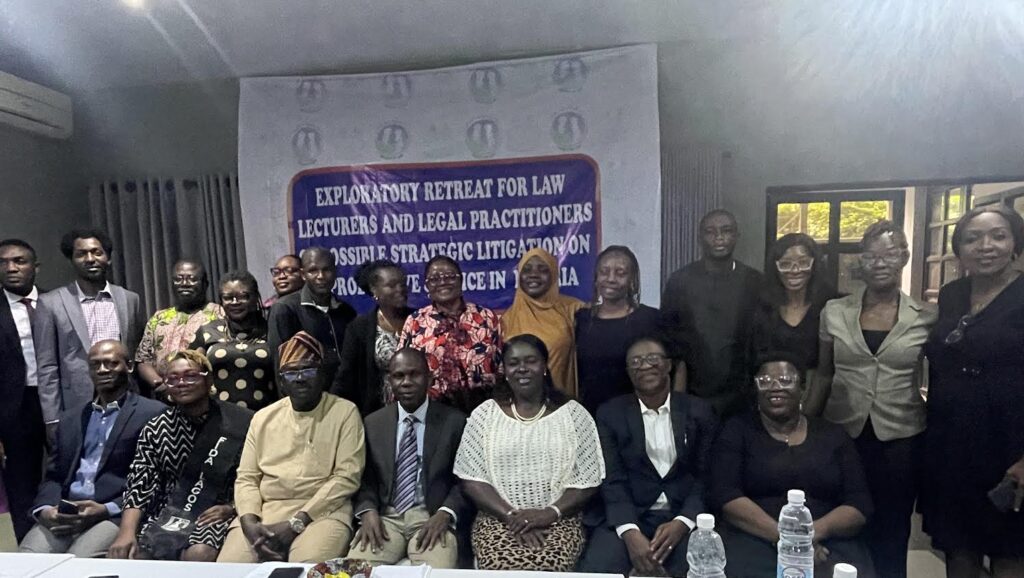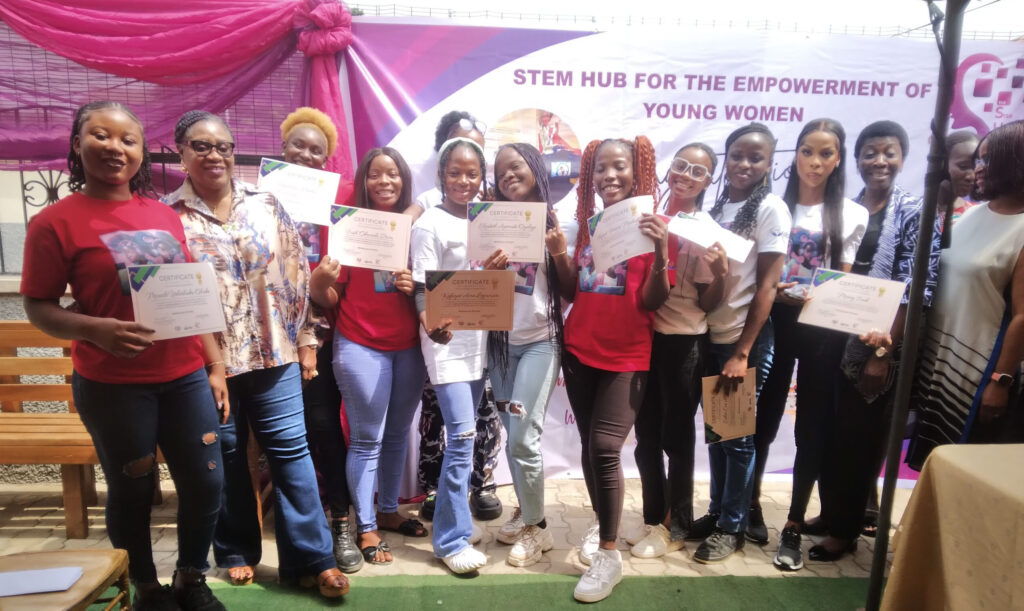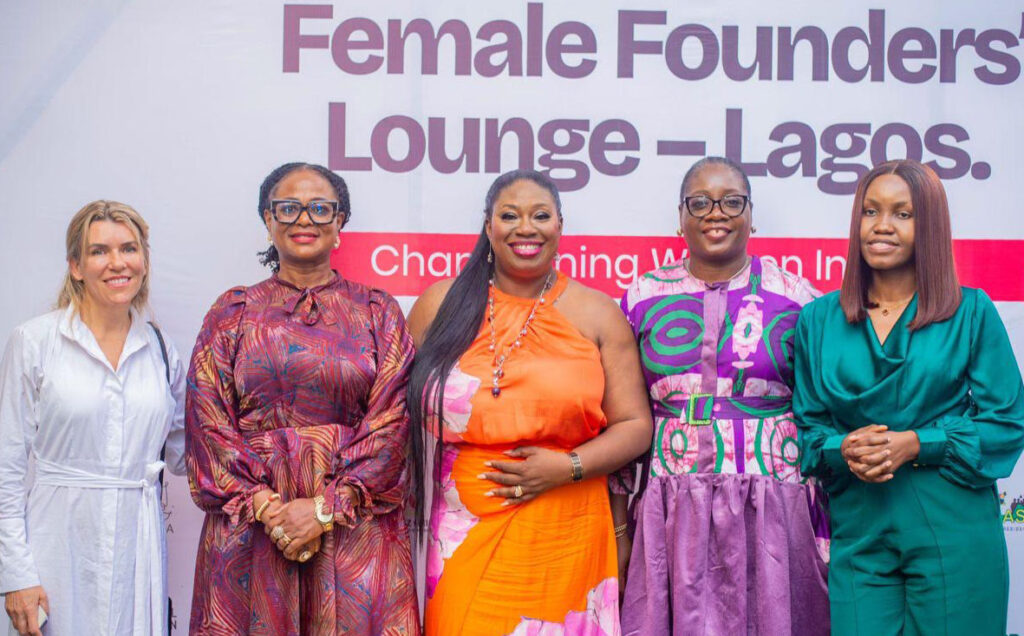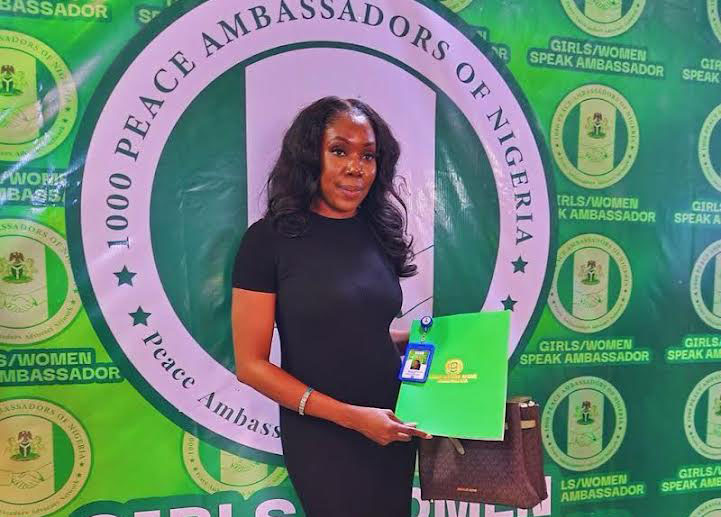Background
EDUCATION can generally be thought of as the transmission of values and accumulated knowledge of a society. It is a societal instrument for the expansion of human culture, which may be formal, non-formal, and informal. This seemingly simplistic definition notwithstanding, the focus of this presentation will be on literacy Education, which in some societies, can be likened to traditional or indigenous education.
Education as discussed above, started in Nigeria between 11th and 15th centuries by Islamic and Christian missionaries. The objective then was to win converts in order to promote religion (NMEC 2014). Government involvement started in 1946 with the appointment of E.F. Chadwick as the District Officer for Eastern Region, Ahmadu Coomassie as the Northern Region District Officer while J.A. Ogunlesi and F.A. Akomolede served as the Western Region coordinators. Major A.J. Carpenter was the overall coordinator (Omolewa 1981). In 1945, the first Mass Literacy Campaign was launched. It was to last till 1956. There was a dearth of activities on Non-Formal Education (NFE) between 1960 and 1980, until President Shehu Shagari launched the second National mass Literacy Campaign in 1982. It was intended to be a ten-year programme that would have lasted till 1992. However, the programme was aborted before the due dates for political and other reasons. Another attempt at mass literacy programme in Nigeria was the effort of MAMSER created by the Babangida administration in 1987. The creation of the National Commission for mass Literacy, Adult and non-Formal Education (NMEC) in 1990,led to the transfer of Mass literacy activities from MAMSER to NMEC (Omolewa 2014).
Beginning of literacy efforts
The first attention to NFE in Nigeria could be traced to the creation of a unit of Non Formal Education in the Federal Ministry of Education in 1974 as a result of pressures from the Nigerian National Council for Adult Education was included in the National Policy on Education. (Aderinoye 1999)
In 1981, Kano State Government under the influence of the new trends in the National Policy on Education, established by law the first autonomous statutory institution for literacy, agency for mass education to design and implement policies on non-formal education for the state. In continuation of the new drive for education in Nigeria, the Federal Government in 1982 launched the National Literacy Campaign, tagged, National Mass Literacy Campaign, and the first of its kind being undertaken by any post independence government in Nigeria. However, set goals were not achieved, as many States could not buy into the vision of the Federal Government.
The emergence of the National Commission for Mass Literacy Adult and Non –Formal Education (NMEC)
In compliance with Jometien declaration on Education for All, the Federal Government of Nigeria established by decree 17 of 1990, the National Commission for Mass Literacy Adult and Non-Formal Education (NMEC) to address issues relating to literacy. In 1992 NMEC launched the National Mass Literacy Fund (NMLF) to which the President of the Federal Republic of Nigeria made a financial commitment.
Between 1995 and 1997 there was UNDP intervention in which more than three million illiterates were made literate (NMEC 1998). The launch of the Universal Basic Education in 1999 expanded the scope of basic education to accommodate Non-Formal Education (NFE). The National Assembly passed into law the Universal Basic Education Act, which in part defines basic education as the acquisition of occupational skills (Aderinoye 2006).
NMEC began to receive the support of International Development Partners (IDPs). Their assistance was mainly in the areas of capacity building (training) and delivery services. Their assistance came in the wake of May 5th 1991, on the day of the inauguration of NMEC, via goodwill messages among the IDPs that were present. These IDPs were: British Council through her Department for International Development (DFID), United National Education and Scientific and Cultural Organisation (UNESCO), United National Children’s Fund (UNICEF), United Nations Development Project (UNDP) and the Israeli Embassy. Since after their pronouncement to assist NMEC in 1991, these Organisations have lived up to their words. In addition to the support of IDPs, national non-governmental organisations like Non-Governmental Association for Literacy Support Services (NOGALSS), University Village Association and others engaged different strategies to promote literacy.
Since the inception of NMEC, it has mobilised both human and material resources in its efforts to reach millions with literacy education. It will be necessary to inform that Nigeria has a tripod structure in combating illiteracy. These are three major Commissions to tackle the problem. These are the (UBEC) Universal Basic Education Commission, (NMEC), National Commission for Mass Literacy, Adult and Non-Formal Education and (NCNE) National Commission for Nomadic Education. Thus is using the formal structure to reduce illiteracy among children of school age, out-of-school boys, the girl child, and the almajiri population, NMEC battling illiteracy among youths and adults, while NCNE is working with nomadic population.
Permit me to inform this gathering that the activities of the various Commissions are fully funded by the Federal Government as intervention agencies while States and Local Governments are expected to reinforce the Federal efforts in ensuring literacy at grass roots. It will gladden your heart to know that Nigeria has the best basic education funding mechanism in Africa. This is a mechanism whereby two per cent of its Consolidated Revenue Fund (CRF) is directly channeled towards basic education, (UBEC Act 2004) though effort is in progress to ensure that all Commissions responsible for basic education benefit from this fund.
In view of the fact that my responsibility here is to address literacy, post-literacy and transition to formal education, I won’t be able to provide comprehensive information on literacy efforts since the year 2000.
NMEC, being the national umbrella for the promotion of literacy, has benefited from both Federal budget, MDGs and IDPs. Its fortune was improved upon when the Federal Government funded the revitalisation programme of youths and adult literacy with one billion Naira fund in trust with UNESCO. It has judiciously utilised the available resources in the spread of literacy among youths and adults. The period 2008-2013 witnessed a massive effort, which resulted in the reaching of 672,202 with literacy among which 388,260 were examined and 302, 823 passed. (NMEC Status Report 2014)
Many of the successful literates proceeded to post-literacy classes. Among the successful ones at the post-literacy, some went into private businesses, some into politics while few proceeded to extra-mural classes with a view of writing WAEC and NECO before writing JAMB.
The table below shows record of Post literacy participants from 2008 to 2013.
Post-Literacy Data Summary 2008-2013
Year State No. of Classes ENROLMENT NO. EXAMINED NO. PASSED
Male Female Total Male Female Total Male Female Total
2008
8406 65793 79858 145651 38811 33497 72279 30280 26567 56847
2009 8429 51309 60699 112005 35051 34238 69289 28364 29881 58245
2010 7293 43778 52523 96301 24508 28211 52719 20816 25051 45867
2011 1,925 17,221 20,302 37,523 11,409 15,666 27,075 11,070 14,808 25,878
2012 3210 44782 126160 170942 34551 47784 82335 20223 41172 61395
2013 3394 46539 63241 109780 25654 28909 54563 22219 32372 54591
Source: NMEC Report National Commission for Nomadic Education (NCNE)
The Federal Government of Nigeria realised that unless a special educational provision is made for the nomads, they will have no access to formal and non-formal education. Thus in consonance with the provisions of the 1979 Constitution and the National Policy on Education, which strongly urge government to provide equal educational opportunities to all Nigerians and in order to ensure that nomads have an unfettered access to basic education, the Federal Government established the National Commission for Nomadic Education by Decree 41 of 1989 (now Cap N20 LFN) to provide education to the nomadic pastoralists and migrant fisher folk whose population exceeds 15 million people. The nomadic education programme was aimed at providing functional and relevant education that will facilitate integrating the nomads into the national life and equipping them to make favorable contributions to the nation’s socio-economic development. The NCNE is charged with the responsibility of implementing the Nomadic Education programme and is expected to serve as a prime mover and work in concert with all the Universal Basic Education (UBE), stakeholders for the actualization of the nation’s Education for All (EFA) goals among the nomadic populations in the country.
Background to Literacy Provision in Nomadic Communities
The purpose of this presentation is to acquaint you with the efforts made by the Commission since 1994 to promote the acquisition of literacy skills by the nomads. The major driving force behind NCNE’s intervention in this aspect of education was the expressed desire by the adult nomads to acquire the rudiments of literacy and numeracy. This desire has always featured during regular meetings the Commission has with Active Community Leaders and Ardo’en of the pastoral communities. Apart from the expressed desire of the adult pastoralists for participation in literacy education, the NCNE was fully aware that literacy has the tremendous capacity to positively impact on the behavior of the adult nomads.
This state of affair is very critical in primary school enrolment drive as well as engendering community support for nomadic education programme. As part of the efforts at developing programmes to provide literacy for nomadic pastoralists’ communities, the Commission identified a number of projects, which it articulated and developed in its 1996 – 2015 Action Plan, that has now been rolled over and then reviewed for 2015 – 2020 Action Plan. These projects are capacity building for the sustainability of Nomadic Education Programme [project No.4], Adult Education for Nomads [projectNo.11], Provision of Extension Services [project (No.15], and installation of Multi-Media Distance Learning System for Children and Adults [project No.7] (IRI).
Conceptually, project No.4, provides the context, since its major thrust is to mobilise communities to engender their greater participation in establishing, funding and managing schools and adult education programmes. Projects No. 11 and 15, provide the content; namely, functional literacy and numeracy, improvement of skills relevant to production and marketing of dairy, family health, hygiene, environmental education, provision of ambulatory clinical services, development, production and distribution of public enlightenment materials and formation of co-operative societies.
Finally, project No.7 is the strategy for delivery, which utilises multi-media approaches, for example, the radio, lessons on tapes, paper-based materials, is very critical, face- to- face interactions, meetings with community leaders and creating linkage relationships through networking with organisations, use of extension agents, associations, agencies, etc for partnership and collaboration in the provision of literacy, numeracy, public enlightenment, health education and income generation activities.
After several interactions between NCNE and the stakeholders, some basic literacy classes were started in 1996 in collaboration with the State Agencies of Adult and Non-Formal Education, Local Government Area Adult Education Units, National Mass Literacy Commission, some women NGOs, and Africare. The programmes targeted the adults, youths and specifically women. Each agency had accepted to provide one form of support or another. For example, in Rafin Guza in Kaduna North Local Government Area, NCNE provided instructional materials, Africare paid instructors’ allowances, Kaduna State Agency for Mass Literacy provided primers and teachers’ guides. Such is the nature of collaboration that NCNE works to build in the interest of educating adult nomads in these centres.
Realising the importance of literacy among the nomads, the Commission initiated collaboration with the National Mass Education Commission (NMEC) and State Agencies for Mass Education (SAME) so as to fashion out approaches on how each of the bodies could contribute to the successful implementation of a functional adult literacy programmes for the nomads. To this end, series of meetings were held between officials of NMEC and NCNE that considered the initiative and identified possible areas of collaboration and shared out responsibilities.
Currently, there are 36 States and the FCT that are participating in the nomadic education programme with a broaden mandate to carter for pastoralists, migrant fisher folk and farmers. All the participating states have demonstrated significant desire in recent times to mount adult literacy programmes for the nomads. These resulted in the establishment of 191 Literacy Centres in 26 States through the efforts of our field agents who equally served as adult literacy instructors after receiving series of trainings.
There are currently 191 adult literacy centers in 26 states through the efforts of the Commission. The Commission’s extension agents serve as adult literacy instructors after receiving series of trainings on literacy delivery. Out of 7765 enrollees, a total of 4633 learners mainstreamed as shown below:
Table1. Distribution of Nomadic Adult Literacy by Zones, 2013- 2014
S/N ZONES NO OF CENTRES TOTAL ENROLMENT TRANSITING TO FORMAL EDUCATION
Female Male Total Male Female Total Male Female Total
1 North East 23 46 69 998 936 1,934 526 842 1368
2 North Central 12 27 39 612 283 895 598 700 1298
3 North West 20 43 63 1517 1108 2625 858 643 1496
4 South East 2 4 6 53 32 85 12 32 44
5 South South 1 4 5 120 77 197 58 149 207
6 South West 2 7 9 205 123 328 47 168 215
TOTAL 60 131 191 3175 4590 7765 2099 2534 4633
Source: NCNE Monitoring Report, 2014
Non Governmental Organisations intervention
Babanladi National Adult Literacy Centre Kano
A single man, manned literacy centre by name Babanladi National Adult Literacy Centre, Kano has from 1960 up-to-date made tremendous contribution to the advancement of literacy education. A visitor to the Centre every evening of the day will not find less than 3000 adult learners in classes. Graduates of this centre had not only mainstreamed into formal schooling, but also made their marks by becoming leaders in educational development. Some of the products of this centre are today successful businessmen, politicians, academicians and industrialists. They include late Professor Ibrahim Yaro Yahaya – BUK, Professor Abdulkadir Dangambo – Hausa Dept, BUK, late Dr. Ibrahim Kunya – MD Kunya Hospital and former Commissioner in Kano State, Dr. Sani Muhammed Marmara – lecturer, FCE, Kano, Alh. Aminu Ahmed Maiturare – Businessman, Kano, Mahmud Abdullahi Mandawari – director, APR, Health Care, Kano, Mal Idris Labaran Garba Zage – lecturer, Aminu Kano School of Legal Studies, Muktari Abdulrazaq Gora – former chairman, Dala LGA, former member, National Assembly, late (Sheik) Jafar Adam – until his death a Ph.D candidate at UDUS, Alhaji Gambo Danpass – Dansaran Kano, Mal. Ibrahim Falaki – Astronomer, Kano and Alh. Tukur Gadanya – Businessman, Kano.
University Village Association (UNIVA)
This is another NGO that has made Nigeria proud in the promotion of adult literacy among youths and adults. The NGO an offshoot of the activities of the Department of Adult Education, University of Ibadan started its efforts in 1989 and by 1999 won the recognition of UNESCO by honourary mention during the year International Literacy Day celebration. The NGO since its inception has trained more than 6000 neo literates. Many of these have transited to formal schooling. Apart from this some of the graduates of its post literacy programmes have been trained to teach in adult literacy classes through its “train them to teach their peers” strategy. Today some of the graduates serve as clerical assistant in the university while not less than five were appointed customary court judges.
Examination and certification process
Generally, adult literacy learners are examined through the formal face-to-face facilitator and learner interaction.
Questions are set on Arithmetic, Writing, Composition, Simple Social Practices and related Vocational Skills. Facilitators mark their papers through conference marking. Grading are done in a manner that will not expose learners to ridicule, thus, grading in A, B, C are A-for Very Good, B-for Good, and C-for Try Again. Thus, the word ‘failure’ is avoided as adults hate being declared a failure.
Graduation
Graduation is done in a manner that will attract future learner. Traditional drummers are engaged, as graduates are encouraged to dance round the villages or compounds to celebrate their new status. They are proud to do this as they send value added to their lives. Certificate of attendance are then distributed to all.
• Professor Aderinoye, the executive secretary, National Commission for Nomadic Education, Nigeria, presented this paper at the sub-Saharan Africa Regional Ministerial Conference on Education, Post-2015 Kigali, Rwanda, 9-11 February 2015.
Institutional contributions to literacy and formal education
Department of Adult Education, University of Ibadan
Founded in 1949 as the Department of Extra-Mural Studies, the Department of Adult Education was merged with in 1962 with the Institute of Education, founded in 1957, and became the Faculty of Education and Extra Mural Studies. The Department was designated the Department of Adult Education in 1964 when Diploma programmes in Adult Education and Community Development were introduced (Omolewa 2014).
The Department has embarked on most thriving activities and it soon became the envy of the entire University and the global world of adult education. The story of the department has been told in literature that may not require being recounted in this presentation. In 1989 it became the first University in Africa to be awarded the much-coveted UNESCO International Literacy Prize.
Adult education does not however operate only at the level of the post primary education. It caters also for those who have not had any opportunity to learn. Although I do not share the view that illiteracy is a disease, I believe that literacy can assist a person to become a better and more efficient person. Yet illiteracy has persisted in the country. The Department of Adult Education at the University of Ibadan had been at the forefront of the literacy drive in the country and has been recognised for service rendered to the community.
Literacy programmes had also been mounted for the troops recruited at the outbreak of the Second World War. For it was observed that the Nigerian troops were a hindrance to the prosecution of the war due to their lack of literacy. They did not know how to respond to the marching orders of left, right and had to resort to the use of lefutu, rete, for the application of the military order to march left, and right. To get order about moving to the trenches was going to be more complicated. For non- combatants and for ordinary citizens there was the dread of illiteracy in not being able to read newspapers or even prescriptions. The signs on buses and shops have remained an embarrassment and disrespectful of the grammar and other spelling mistakes.
Further areas of the preoccupation of adult education were in the area Literacy Mass literacy campaigns, Industrial education and trade union issues. That was what gave rise to a professor in the department remaining simply a comrade, who later became a Head of the Department.
In its efforts to perpetuate its effort, a unit catering for literacy remains active. Thus, we have the Abadina Literacy Centre, which has, the Beginner, Intermediate and Advanced classes. Graduates of the Centre will proceed to JSS/SSS classes to prepare for WAEC after which successful candidates will sit for JAMB from which they proceed to university.
The table below shows graduates of the Centre from 2011-2014:
Year Beginner’s
Class Intermediate
Class Advanced
Class Total
2011/2012 25 15 23 63
2012/2013 19 12 16 47
2013/2014 26 18 24 68
2014/2015 Still on
Junior Secondary School (JSS) Enrolment
JSS I JSS II JSS III Total
2011/2012 18 10 15 43
2012/2013 28 20 31 79
2013/2014 19 11 15 45
2014/2015 Still on
Senior Secondary School I (SSS I)
2011/2012 27
2012/2013 23
2013/2014 28
2014/2015 Still on
Senior Secondary School Certificate Examination May/June (SSSCE)
2011/2012 53
2012/2013 37
2013/2014 33
2014/2015 Still on
Senior Secondary School Certificate Examination Oct/Nov (SSSCE) Private
2011/2012 95
2012/2013 71
2013/2014 45
2014/2015 Still on
UTME/JAMB
2011/2012 130
2012/2013 113
2013/2014 104
2014/2015 Still on
Source: Department of Adult Education, Extra-Mural Unit, University of Ibadan, 2014
This paper will be inconclusive without mentioning great Nigerians who through private, independent and even distance learning made their mark in educational attainment.
The Ijebu-Ode blacksmith, Emmanuel Odukoya Ajayi began to use private study to acquire education. After his primary education, he registered for the external degree programmes of the University of London. He passed the London Matriculation examination in 1922, the Intermediate Arts degree examination in 1925 and the full degree examination in 1927. Alvan Ikoku became the Vice-President of the Nigeria Union of Teachers and later succeeded Ransome Kuti as president. Today his face is captured on the ten-naira notes. Ajayi became a respected teacher and disciplined professional and Banjo’s work at St. Luke’s College is still to be equalled in the history of education in Nigeria. The children of these pioneer graduate teachers have continued the illustrious work done by their fathers.
Afe Babalola, is, perhaps, the most excellent demonstration of the impact of self-directed education. He was advised by a colleague to use the Wolsey Hall tuition materials developed in Oxford for his various examinations. Using the correspondence education materials he passed the Cambridge School Certificate examination from his base as a teacher in Gbongan in 1952 He also passed the General Certificate of Education (GCE) Ordinary level examination in 1953, and the GCE Advanced level examination one year later. Babalola decided to invest all his energy and resources in his private study and passed the B.Sc. honours degree in Economics. Still as a teacher, now at the City Academy in Ibadan, he passed the Intermediate Law examination of the University of London in 1960 by private study, again using correspondence courses. When he arrived at the University of London for the mandatory residential course for his final law and bar examinations, he was recognised as “the wonder man who specialises in private study”. Today he is not only a Senior Advocate of Nigeria, but also the sole proprietor of a world-class private university in Nigeria named Afe Babalola University, Ado-Ekiti (ABUA).
Conclusion, challenges and recommendations
It is my conviction that, I have just made a summary of Nigeria’s efforts in reaching the EFA and the MDGs goal two, as I still believe that lots need to be achieved as more than 60 per cent of Nigeria’s non-literate population is yet to be reached with literacy education.
Some of the challenges include: Inadequate funding: I need to explain here that Nigeria’s fund allocation to basic education is huge but non-justifiable distribution to the Commissions directly responsible to addressing youth and adult literacy, for example, NMEC and NCNE. For instance, in the year 2014, about N80 billion was allocated through Consolidated Revenue Fund (CRF) to UBEC, but a paltry sum of N1 billion and N300 million respectively was allocated to NMEC and NCNE. If this is adjusted, remarkable improvement will be recorded in the war against illiteracy.
Political Commitment: There is need for political commitment to greater reduction of illiteracy in Nigeria. For example, 1955 witnessed a political commitment to free education in western Nigeria. Thus, we need such commitment to literacy by the Executive arms of government at Federal, State and Local Government levels in Nigeria.
Lack of budgetary line for adult literacy at all levels of government, inadequate human capital in the war against illiteracy, and IDPs as at today are not impressing on national government on literacy as they did on HIV/Aids, Polio eradication and corruption.
Recommendations
As we gather here addressing post-2015 way forward, I appeal to this body to go forward and convince national government on why they should double their efforts on literacy. Merely using education minister as agent of advocacy is not enough as it has never worked.
There is the need to review our strategies, Literacy day, Literacy decade and others have not achieved intended outcome. Our advocacy should focus on Head of Government and the Fidel Castrol model in Cuba need be tried.
I recall, the Assemblies in Jomitien 1990, Dakar 2000, Bamako 2007, Abuja 2010, Delhi 2012 and Belem 1999 Brazil under the umbrella of World Education Forum, Mid-EFA review, E9 Countries and CONFITEA VI, though re-awaken our efforts on the need to increase literacy rate, but have not actually contributed effectively to illiteracy reduction.
My prayer is that this Kigali effort will bring better result. Thank you.
Quote
(2)
Afe Babalola, is, perhaps, the most excellent demonstration of the impact of self-directed education. He was advised by a colleague to use the Wolsey Hall tuition materials developed in Oxford for his various examinations. Using the correspondence education materials he passed the Cambridge School Certificate examination from his base as a teacher in Gbongan in 1952 He also passed the General Certificate of Education (GCE) Ordinary level examination in 1953, and the GCE Advanced level examination one year later. Babalola decided to invest all his energy and resources in his private study and passed the B.Sc. honours degree in Economics. Still as a teacher, now at the City Academy in Ibadan, he passed the Intermediate Law examination of the University of London in 1960 by private study, again using correspondence courses. When he arrived at the University of London for the mandatory residential course for his final law and bar examinations, he was recognised as “the wonder man who specialises in private study


